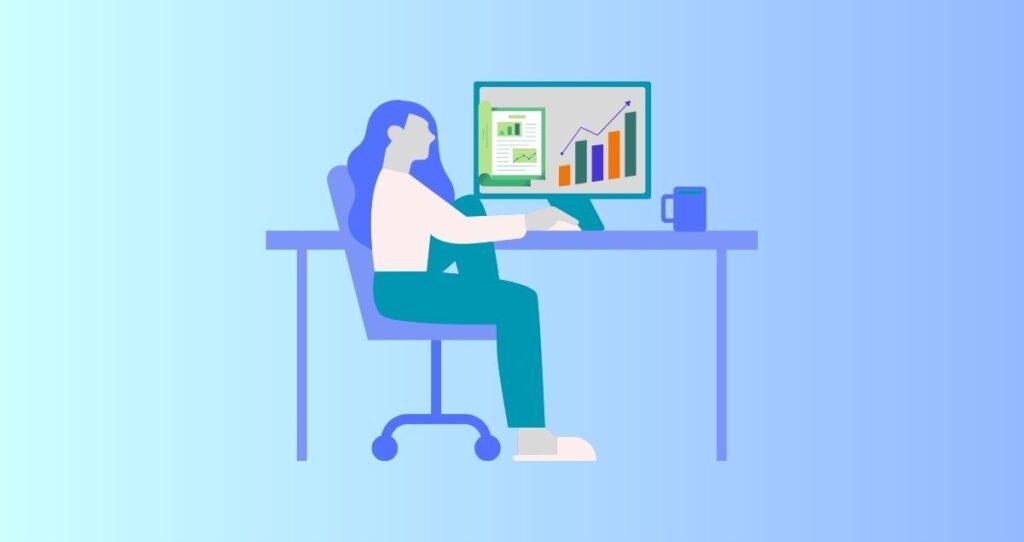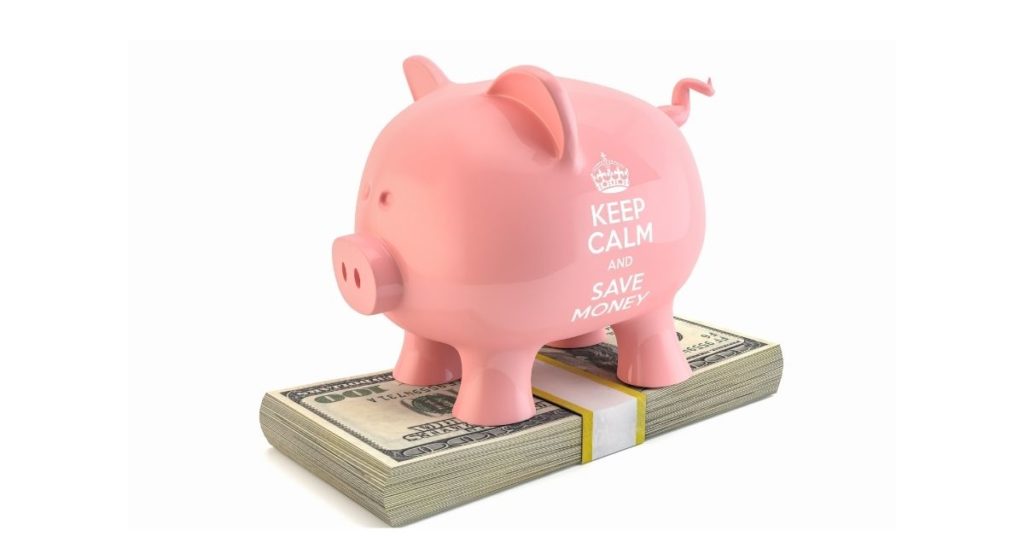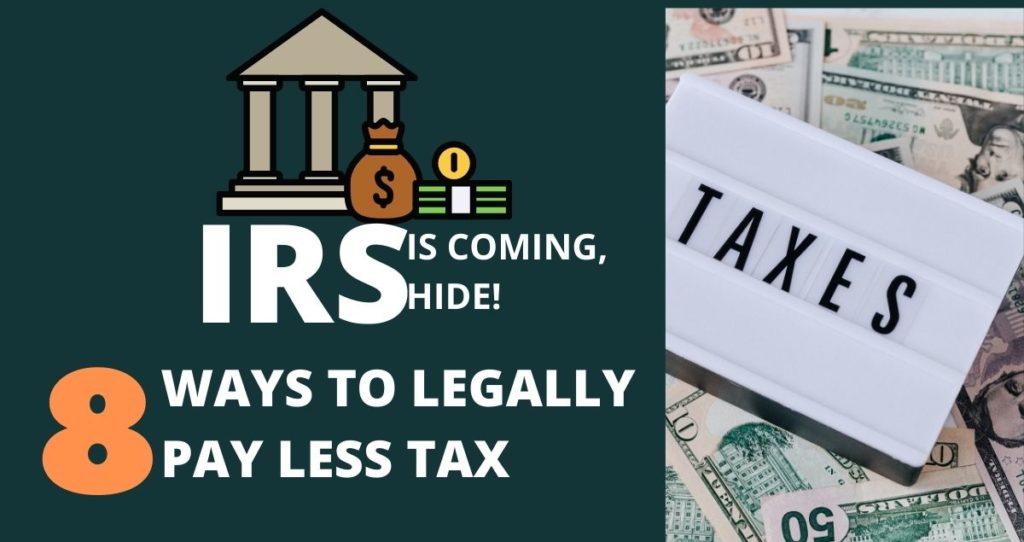Making a personal budget is one of the foundations of managing your finances. Not only that the budget allow you to know where you stand financially, but it can also help you cut back on your expenses and improve your savings. Even if you are living paycheck to paycheck, you need to make a personal budget to strengthen your financial decisions and avoid financial pitfalls.
If you are ready to create your first personal budget, here is a 7-step strategy you make a functional budget that matches your financial goals.
1. Establish financial goals
Budgeting is not just putting numbers in an Excel sheet. It is more about understanding your financial goals and aligning your finances towards those goals. That is why if you want to make a personal budget that works, you will need to first establish personal goals. Your goals are what make everything work.
While there is a wide range of financial goals you can have, your goals should be something that has a greater meaning to you. Start by thinking about your future. Where do you want to be in the future? Who do you want to be? Sending your kids to school could be your goal. Do you want to travel the rest of your life once you are financially independent?
Your goal must be something that makes sense to you and should be significant for a long time. Once you have a goal, try to understand how long it will take to achieve it and how much your goal is worth.
For example, $200,000 could be enough for your kid’s tuition fund. At the same time, you could have a $350,000 goal for your house. It will be easy to know the value of your goal if you have a clear understanding of it.
2. Calculate your total income(net income) from all sources
The first step to making a personal budget is to calculate your total income from all sources. The income you will use in this case, however, will be your net income which is your take home after all taxes and deductions. You should never use a gross income when you are making a personal budget as it will lead to inaccurate calculations. For example, tax is part of your income but it goes directly to the government. So, if you use your gross income, you will be tempted to think that you make more money which might lead to overspending.
The following is a list of common expenses that are deducted from your gross income before you get a paycheck.
- 401 K contributions
- Taxes(Federal and State)
- Social Security
- Health savings account(HSA) contribution
- Health insurance contribution
After these deductions, the remaining amount will be your net income and that is what you will be using on your budget.
Most people have one source of income which comes from their full-time jobs. But, you may also have different incomes from other sources such as investments, side hustles, and capital gains.
The following is a list of common courses of income that you can use on your budget.
- Wages
- Bonus
- Interest
- Capital gains
- Dividends
- Loyalty
In your budget, list all these incomes and calculate their total. What you get after these calculations is your total income.
3. List all your expenses
The next step in making a personal budget is knowing where you spend your money. How much do you spend every week, month, and year? This step involves calculating all expenses you encounter every month if you are making a personal budget.
But where do you start calculating your expenses when you want to make a personal budget?
Start with your most expensive expenses such as rent/mortgage, food, etc.
The following is a list of common expenses that most households have. Keep in mind that you may have more or less than the expenses listed below.
- Rent(if you are renting)
- Mortgage (if you have a house that is not fully paid off)
- Loan payment (for cars, and other assets)
- Food (drinks, restaurants, cigarettes, alcohol, actual food, etc)
- Entertainment (movies, online subscriptions, newspapers, etc)
- Kids toys
- Car insurance, gas, car maintenance
- Shopping (clothes, jewelry, etc)
- Cell phone expenses
- Internet & TV
- Miscellaneous
Make sure that all expenses are listed in your budget. A big mistake a lot of people make is to ignore small expenses thinking that they are useless. The truth is that small expenses compound into huge expenses over time. Even small expenses such as vending machine purchases should be recorded. Otherwise, your budget will be inaccurate.
4. Find a budgeting tool to use
To create a personal budget that works, you need to use the proper tools. This is because, as you add everything together you might find it difficult to keep everything neat and organized. If you prefer old school method, you can still write down your personal budget on a piece of paper or use Excel.
Another alternative option is to use online budgeting apps and websites. Websites such as YNAB, PocketGuard, Honeydue, Goodbudget, SoFi Insights, and Spreadsheets. You just need to find one budgeting app or website that works and stick to it.
5. Make the budget
After deciding on a budgeting tool you want to use, start making a personal budget. At this level, all you have to do is list all your numbers in the budgeting tool and calculate your total income, total expenses, and your total savings.
Please, use the following basic budget sample as a reference.

Your budget does not have to be complicated. But, it can have a lot of calculations depending on the nature of your income and expenses. The budgeting sample above shows what you should expect when you make a personal budget. As you can see, I have listed all my expenses and total income and also calculated total income and expenses to give me an idea of how much I am making and what my monthly expenses are.
In other words, I am making $5,500 a month and spending $5,000/mo. This leaves me with a savings of $500.
6. Reduce expenses and increase your savings
Once you have your budget written down, you can move to the next step in making a personal budget which is boosting your savings. From the example above, you can see that I am saving only $500 every month. What if I want to save more money every month? I can easily achieve this goal by cutting back some of my expenses.
The best way to lower expenses and save money is to understand your needs and wants and then cut back on your wants. In my budget, for example, I am spending $200 on entertainment which is too much. I can eliminate 75% of my entertainment expenses which will save me $150. My monthly shopping is also too high. If I want to save more money, I can lower my shopping expenses from $500 to $200. That will save me an extra $300. By now, my personal budget allowed me to save an extra $450/mo.
With these small changes in my personal budget, I was able to increase my monthly savings from $500 to $950. Given what I have listed in my budget, there is still room for more savings, should I need to do so.
Related: The 50-30-20 budget rule and how to apply it
7. Adjust your budget
Making a personal budget is the first step in managing your finances. Making a budget, however, is not enough to ensure long-term financial sustainability. You still need to make routing adjustments when needed. Your budget will grow or shrink over time. Did you get a raise or a promotion at your job? This information can be updated in your budget to ensure you are getting the most out of it.
If you lost a job, it could make sense to reduce your expenses in proportion to your remaining income.
Having no income means that you should keep the expenses you need and eliminate wants. Canceling entertainment subscriptions such as movies, newspapers, etc. could be a good starting point.
Benefits of making a budget
Many people don’t make a personal budget simply because they don’t know why it is needed. But, if you are having trouble with your expenses or want to understand where you stand financially, making a personal budget will be an essential step.
If you are not sure why you need to make a personal budget, the following are benefits to help you decide.
- A personal budget will help you understand your financial situation: Your budget is a blueprint of your financial situation which is essential in improving your savings and reducing expenses.
- A personal budget helps you manage your expenses. Knowing how much you are making and spending is an important factor in understanding your financial situation. This will give you control of your finances and help you make the right decisions moving forward.
- The personal budget will show you where to cut expenses. Before you reduce your expenses, you will need to know where the money is being spent. Your personal budget will tell you where to cut expenses. For example, you could decide to spend less money on entertainment after figuring out that you are spending too much on entertainment.
- A personal budget allows you to save more money.
Disadvantages of creating a budget
Budgeting is a good way to start your financial independence journey. To achieve this goal, however, there are things you must sacrifice.
The following are a few of the disadvantages of making a budget.
- Making tough decisions. Budgeting will lead you to understand exactly where you stand financially. You may end up making tough money decisions to turn your finances around. For example, you could end up giving up your movies after figuring out that you are spending more money on entertainment.
- Innacuare calculations. Even if you are making a personal budget, there are chances that you will have inaccurate information in your calculations. This will lead to wrong conclusions and bad money decisions.
- You may need more time to achieve your goals than you previously anticipated. The actual time it will take you to achieve your goals will depend on how much money you allocate toward them. It could take you more time to reach your goals than you previously anticipated.
Related: What is budgeting and how does it really work?
How do you make a budget when you are poor?
When you are poor, it can be tempting to assume that you don’t need to make a personal budget. But, no matter how low your income is, you can still make a budget that allows you to live within your means and improve your expenses.
If you are poor and want to make a personal budget, here are tips to make it happen.
- Understand that you need to work within your means. This strategy allows you to list every expense and prevents you from leaving anything to chance.
- Next, do an audit of your monthly income and expenditure. Record every expense, from rent and utilities to meals, transportation, and miscellaneous items. This step will help you identify where your money is going and areas where you might be able to cut back. You should also list all your incomes to give you a general idea of how much you are earning.
- Separate your needs and wants. Needs’ are those you can’t do without, like rent, groceries, and utilities. Wants, on the other hand, are expenses that you can minimize or even completely do away with if necessary. Things like eating out, entertainment, and non-essential purchases can all be eliminated.
- Create a budget based on your income and expenditure. Allocate your money to your needs first, and if there’s anything left, you can distribute it among your wants.
- Stick to your budget and review it regularly to make sure it’s working for you. You can always adjust as needed. There are also many free budgeting tools online that can help you manage your finances.
- Increase your income. An extra income will allow you to improve your financial situation. Consider finding a part-time job, selling items you don’t need, or freelancing within your skills and abilities.
What is the 50-30-20 budget rule?
The 50/30/20 budget rule is a simple and practical financial strategy for managing personal finances. According to this rule, 50% of your after-tax income should be dedicated to necessities such as housing, food, utilities, and healthcare. Then, 30% could be allocated to lifestyle wants such as entertainment, dining out, gym memberships, and other non-essential expenditures. The remaining 20% should be directed towards financial goals such as savings, debt payments, or investments.






